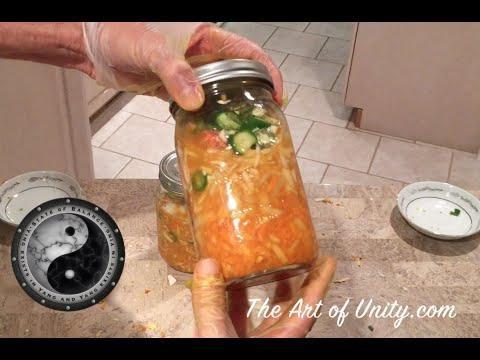Is your dog at risk of liver treat toxicity?
Being a dog lover or a veterinarian requires building a good rapport with dogs. Some dogs are social butterflies, while others take a little more convincing. Treats are one of the ways to connect with dogs and allow us to handle them and perform treatments when necessary.
For most dog lovers, treats are one of the ways we tell our dogs that we love them. Even complete strangers carry a few treats in their pockets to connect with dogs and their humans. I have always been a little conflicted about allowing others to give treats to my dogs. Poor quality Milk Bones and other treats are commonplace in stores, offices, and hotels, and most dogs are crazy about junk food.
“Just one” turns into many treats, and because I wanted to protect my previous dog Skai, and now Pax, from junk food, I developed a strategy of asking people not to give him treats. To prevent disappointment on both sides, I usually carried safer and healthier treats in my pocket to pass them onto the giver so that he or she could give them to Skai. (For an article on choosing safe treats for your dog, click here.)
LIVER TREATS ARE THE MOST POPULAR BUT POTENTIALLY TOXIC TREAT
The purpose of this article is to warn against giving pets too much of one treat that can be harmless in small amounts but toxic when it is frequently given – dehydrated liver.
Nutritionally, liver is a rich source of essential nutrients such as amino acids and fat. It is also a rich source of some vitamins and minerals such as A, B6, B12, C, D, riboflavin, niacin, folate, pantothenic acid, iron, zinc, phosphorus, and selenium. Naturally, liver is a relatively small portion of a canine diet.
Functionally, the key role of the liver is to detox blood and the body, produce vitamins and amino acids, and manage nutrients and energy resources for the rest of the body. The organ’s function is also to neutralize countless artificial and toxic chemicals from food and the environment, which is no easy task. This is why so many dog lovers see such positive results when they take their dogs through a semi-annual liver cleanse.
In the course of the last two decades, more people have tried to stay away from junky processed treats and go to single source meat or organ treats. This is one of the reasons why dehydrated liver has become one of the most popular items on the pet store shelves. Unfortunately, the popularity of liver treats has led to a new problem most dog lovers are unaware of: vitamin A hypervitaminosis, or so–called liver poisoning.
HOW DOES HYPERVITAMINOSIS HAPPEN?
The main cause of this condition is feeding large quantities of liver, which is a very rich source of vitamin A, a member of the group of fat–soluble vitamins A, D, E, and K. In the right amounts, Vitamin A is beneficial, but an overdose of Vitamin A can have a harmful effect because an excess of fat–soluble vitamins are much more difficult to eliminate than, for example, water–soluble vitamins B and C.
The reasons why liver treats, especially the dehydrated ones, put our dogs in danger of hypervitaminosis A are that they are greatly reduced in volume during dehydration, and they contain ten times or more vitamin A then raw liver or cooked liver.
I have seen people giving their dogs large amounts of liver treats daily or on a very regular basis, which leads to problems.
THE SYMPTOMS OF HYPERVITAMINOSIS A
An excess of vitamin A causes disturbances in bone metabolism, increased bone resorption, and decreased bone production. This can lead to osteoporosis, spontaneous bone fractures, elevated blood calcium levels (hypercalcemia), and abnormal joint calcification.
Another symptom of hypervitaminosis A is a disturbance in absorption and function of other fat–soluble vitamins – D, E and K.
Under normal circumstances, dogs need vitamin A, and it is OK to give vitamin supplements with fermented vitamins. However, nature never counted on dogs getting large amounts of liver in the form of treats, and that is a big problem.
DIAGNOSIS OF LIVER TREAT TOXICITY – HYPERVITAMINOSIS A
In general, diagnosis is not a straightforward process. Radiographs, blood calcium, cholesterol, liver enzymes, and finally vitamin A (retinol) levels help to diagnose the condition.
TREATMENT AND PREVENTION OF LIVER TREAT TOXICITY
If your dog likes liver treats, do not give it more than a couple of pieces a week, especially if the treats are dehydrated.
If you have been feeding your dog a large amount of dehydrated liver treats, and your dog does not show any symptoms:
Stop giving liver treats completely for at least three to six months
If your dog shows symptoms of possible hypervitaminosis A:
Implement steps one to four, PLUS
Liver Treats short FAQ
© Dr. Peter Dobias, DVM
This content was originally published here.



















